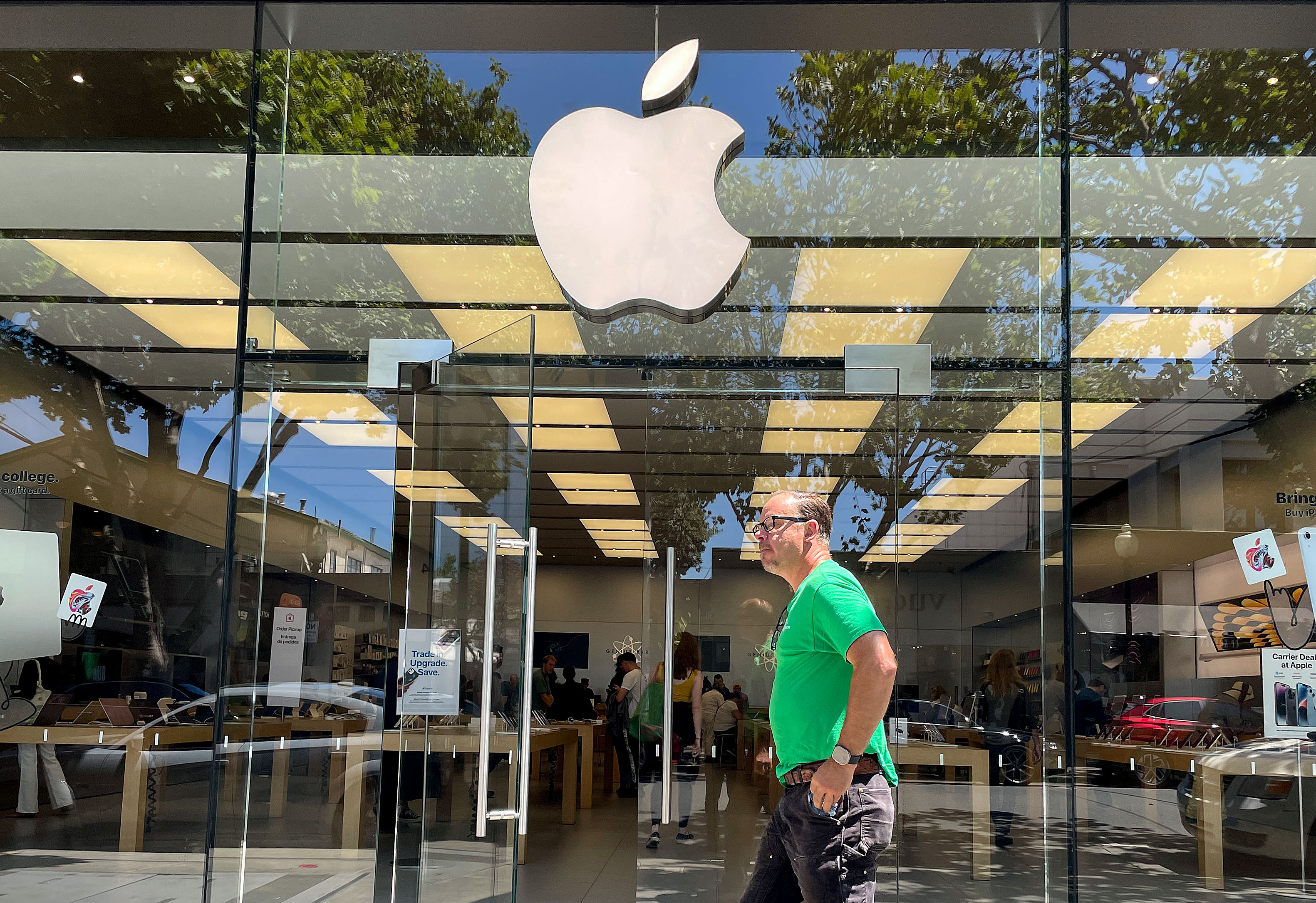Tech giant Apple is asking a federal judge to let it intervene as a defendant in Google’s antitrust case as the court crafts remedies for what the judge said was anticompetitive conduct in the search engine market.
In a Dec. 23 filing, Apple said the Department of Justice’s (DOJ) proposed final judgment, where it laid out potential remedies, threatened a “sea change in Apple’s relationships with Google and threaten[ed] to undermine Apple’s ability to serve its users.”
The company told District of Columbia Judge Amit Mehta that its intervention was necessary because Google couldn’t adequately represent its interests and because its intervention would help inform the court on remedies that “may shape the development of search technology for decades to come.”
Mehta ruled in August that Google had violated antitrust law in the market for search, citing Apple’s and Google’s Internet Services Agreement. Under the agreement, Apple preloads Google as the default general search engine on its browser while Apple receives a certain portion of Google’s ad revenue. That share was estimated to be $20 billion in 2022, according to Mehta’s ruling.
In November, the DOJ offered the court a proposed final judgment that would prevent Google from offering or providing “anything of value to Apple ... that in any way creates an economic disincentive for Apple to compete in or enter the GSE [General Search Engine] or Search Text Ad markets.”
Part of Mehta’s ruling was that the revenue share payments “unquestionably” had the effect of “significantly contributing to keeping Apple on the sidelines of search, thus allowing Google to maintain its monopoly.”
Apple told Mehta on Dec. 23 that it didn’t intend to enter the general search engine market and that terminating the Internet Services Agreement wouldn’t impact that decision.
“Apple has committed to other growth areas and has no desire to incur significant costs in an area of unsubstantiated risk,” the company said.
The DOJ’s proposal, Apple added, threatened to stifle the development of artificial intelligence (AI), which is expected to alter the search market in coming years.
Part of Apple’s reasoning for purportedly not planning to enter the market for general search was the change expected from AI.
“Creating a [general search engine] would require thousands of employees, billions of dollars, and a total commitment. ... Apple cannot be expected to invest in general search now, as AI advancements may obviate any efforts before a viable GSE could even be deployed,” the company said in its filing.
Neither the DOJ nor Google had taken a position on Apple intervening, according to Apple’s filing.
Both Apple and Google recently fended off antitrust challenges in Europe and the United States, where the DOJ and multiple states sued Apple earlier this year for allegedly monopolizing the smartphone market. That case is ongoing.
Across the river from Mehta’s court, a federal judge in Virginia heard closing arguments in November regarding the DOJ’s accusations that Google violated antitrust law in its advertising technology practices. The judge in that case has not yet released a final ruling on Google’s liability.
Google has said it will appeal Mehta’s ruling and criticized DOJ’s proposed remedies, which include requiring it to divest its browser Chrome.
“DOJ chose to push a radical interventionist agenda that would harm Americans and America’s global technology leadership,” Google President of Global Affairs and Chief Legal Officer Kent Walker said in November.
The DOJ and its co-plaintiff states defended their proposals as ways to “unfetter the monopolized markets from Google’s exclusionary practices, pry open the monopolized markets to competition, remove barriers to entry, and ensure there remain no practices likely to result in unlawful monopolization of these markets and related markets in the future.”
Google proposed its own set of remedies on Dec. 20. Among them was a prohibition on entering any agreement requiring Apple to set Google as the default search engine unless the agreement allowed Apple to both promote any third-party general search service and allow the company to set a different default search engine on an annual basis.














